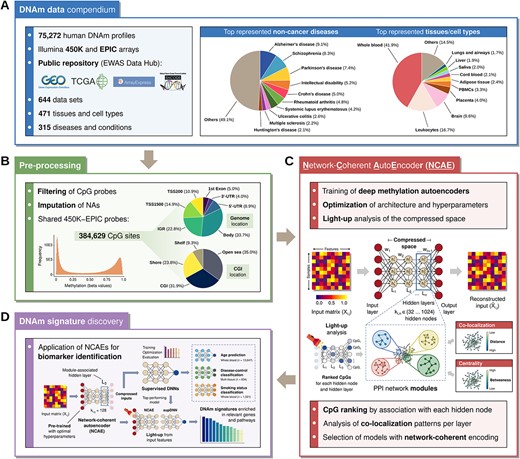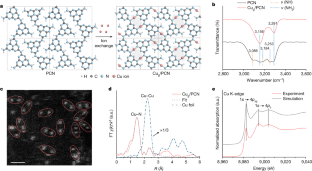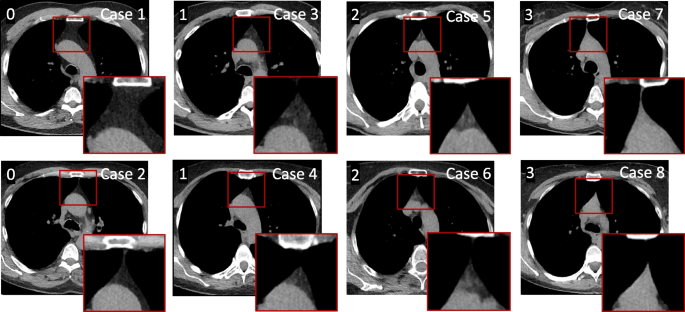2023-10-11 リンショーピング大学
◆このモデルは、複雑な生物データを最も関連性のある特性とパターンの表現に圧縮することを可能にし、様々な環境関連および個人固有の要因を分類するのに使用できます。研究者は、AIモデルを理解しやすいものとして作成し、疾患や他の状態に関する生物学的な理解を提供することを目指しています。
<関連情報>
- https://liu.se/en/news-item/a-step-towards-ai-based-precision-medicine
- https://academic.oup.com/bib/article/24/5/bbad293/7243028
NCAE:ディープネットワークコヒーレントDNAメチル化オートエンコーダを用いたデータ駆動型表現により、頑健な疾患と危険因子のシグネチャーが同定される NCAE: data-driven representations using a deep network-coherent DNA methylation autoencoder identify robust disease and risk factor signatures
David Martínez-Enguita, Sanjiv K Dwivedi, Rebecka Jörnsten, Mika Gustafsson
Briefings in Bioinformatics Published:16 August 2023
DOI:https://doi.org/10.1093/bib/bbad293

Abstract
Precision medicine relies on the identification of robust disease and risk factor signatures from omics data. However, current knowledge-driven approaches may overlook novel or unexpected phenomena due to the inherent biases in biological knowledge. In this study, we present a data-driven signature discovery workflow for DNA methylation analysis utilizing network-coherent autoencoders (NCAEs) with biologically relevant latent embeddings. First, we explored the architecture space of autoencoders trained on a large-scale pan-tissue compendium (n = 75 272) of human epigenome-wide association studies. We observed the emergence of co-localized patterns in the deep autoencoder latent space representations that corresponded to biological network modules. We determined the NCAE configuration with the strongest co-localization and centrality signals in the human protein interactome. Leveraging the NCAE embeddings, we then trained interpretable deep neural networks for risk factor (aging, smoking) and disease (systemic lupus erythematosus) prediction and classification tasks. Remarkably, our NCAE embedding-based models outperformed existing predictors, revealing novel DNA methylation signatures enriched in gene sets and pathways associated with the studied condition in each case. Our data-driven biomarker discovery workflow provides a generally applicable pipeline to capture relevant risk factor and disease information. By surpassing the limitations of knowledge-driven methods, our approach enhances the understanding of complex epigenetic processes, facilitating the development of more effective diagnostic and therapeutic strategies.


